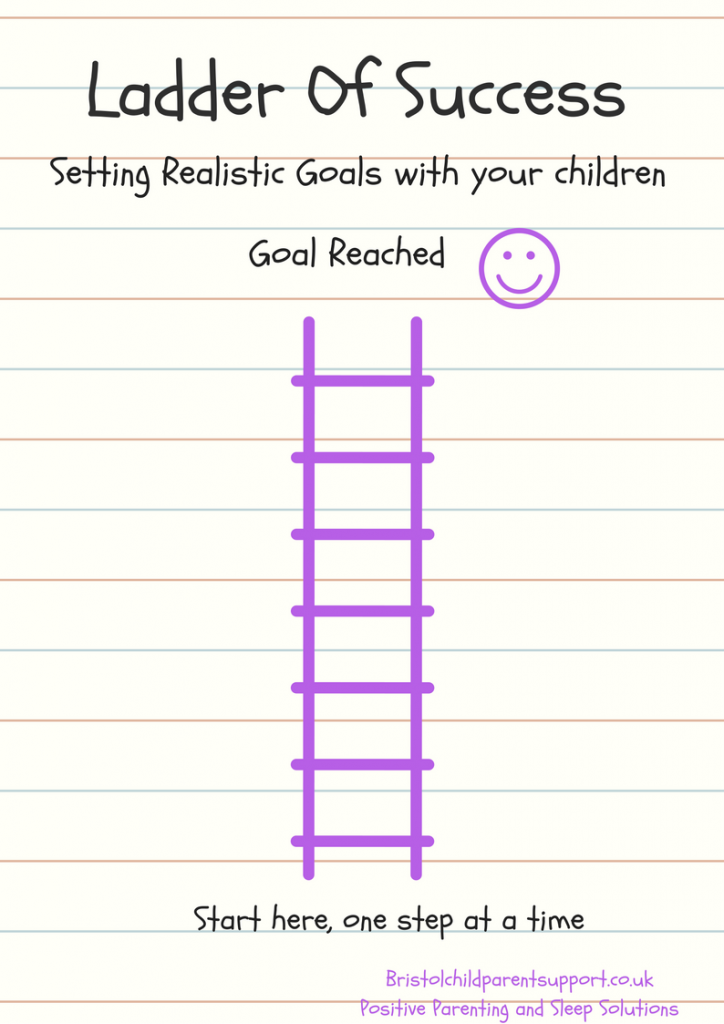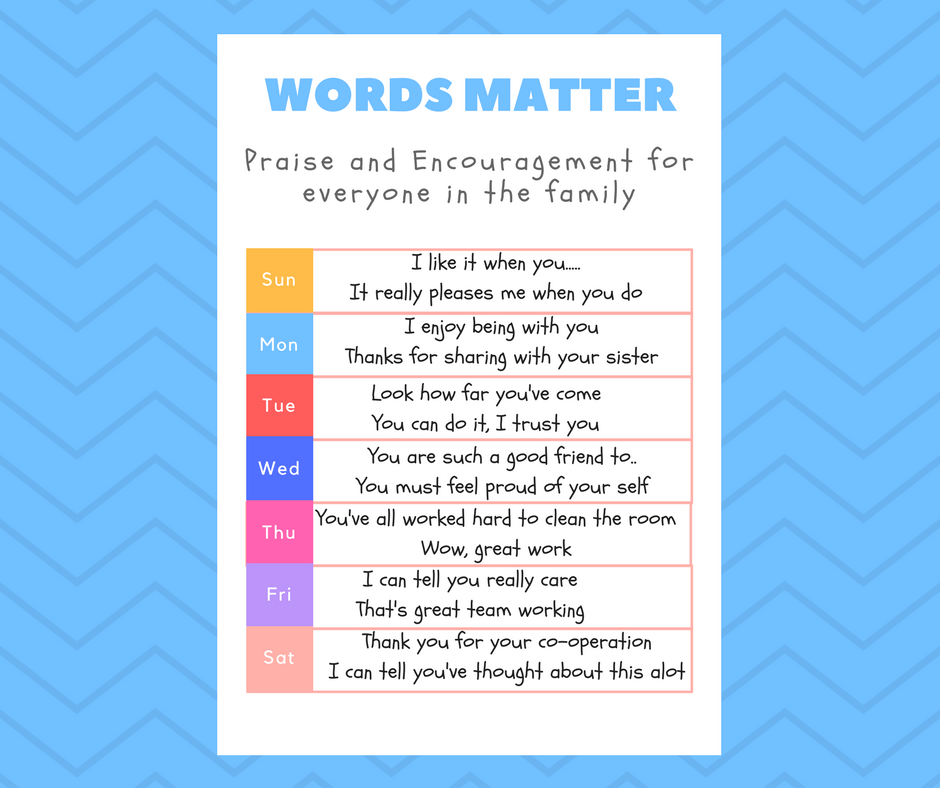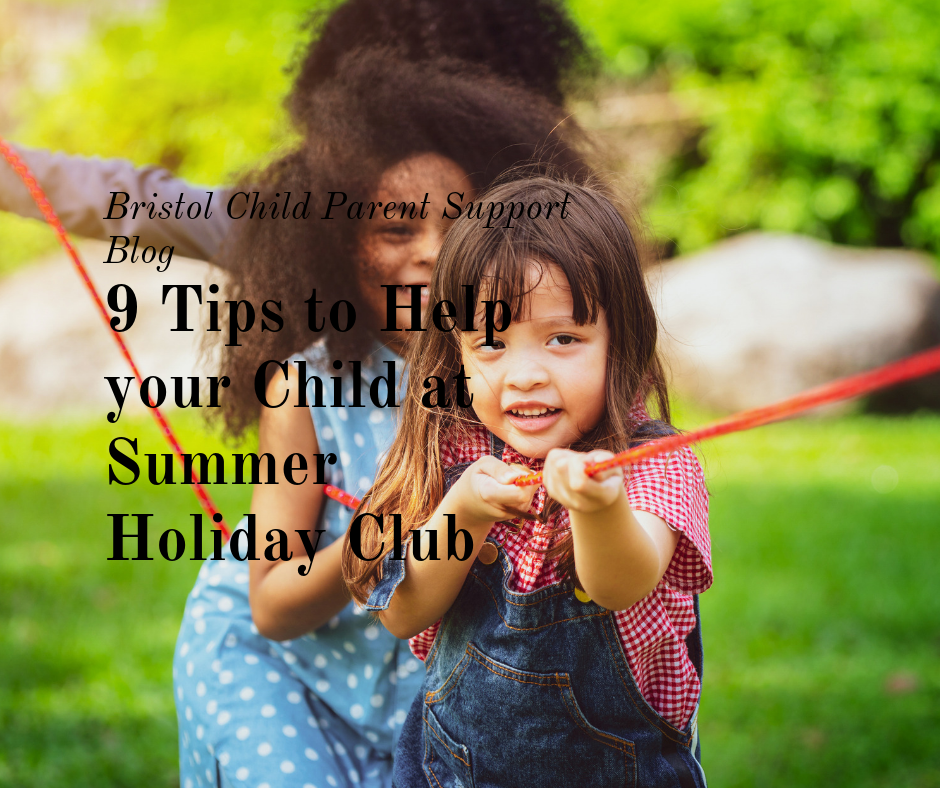This is an updated post. I hope it helps your child settle into a club over the summer.
We look forward to the summer holidays with mixed feelings, don’t we? If you are a working parent, you may have to consider an activity holiday club. It is not always straightforward for a child who may be anxious in new social situations. Here are my top tips to help your child settle in effectively.
1. Allow a Sense of Ownership
If your child is older, they are more likely to attend a club with activities they are interested in. You could spend some time initiating a brainstorming session before the end of the term. Allowing some choice often helps anxious children feel they have some ” control”.
2. Manage the Anxiety at Holiday Club
Your child may be shy, socially anxious, or suffer episodic separation anxiety. So here are some management ideas:
3. Familiarise your child with the separation situation before it happens.
Unfamiliar events, people, and places can all create anxiety. Use the ladder of success to show some steps on each rung. Anxiety likes and feels contained with a plan!

Some simple steps on the ladder would look like this:
- Try and show a picture of the club.
- Take them for a visit to see the environment.
- Have a trial run, and they could stay for an hour and build it up
- Please have a safe adult attachment figure that they know will greet them when you say goodbye
- Go with a friend
- Have a clear goodbye transition (meet the safe adult, hug, and say goodbye)
4. Educate your child about worries, separation anxiety or social anxiety.
Research shows that “psycho-education” and “parent power” (you can help your child!) will, in turn, enable your child to manage anxiety. (Buy a book or sit and talk with them, we all know what it means to suffer from stress).
5. Teach your Child” Coping Skills” to manage “Big Feelings.”
Children often refuse to do what parents ask, in situations with “big feelings”. For example, asking their children to breathe slowly. I’ve always found that if you are playful, your child will be less likely to resist you! So instead of asking them to live, you can:
- Practice breathing by pretending to blow out candles.
- Practice gentle breathing by blowing bubbles.
- Let’s be the ocean waves breathing in and out.
- Buy a party popper to help them “blow out”.
I made this poster to help your child some time ago, and you can download it below.
6. Use a Transitional Object
When children are away from their homes, sending them off with one or more items is a good idea. It could be an object that reminds them of home. It might be something of yours, a toy, or a tiny precious stone they can rub (I call it a worry stone). As a result, using transitional objects helps decrease anxiety.

7. Empower them to use Positive Thinking Skills!
When we suffer from anxiety, catastrophic or upsetting thoughts develop. Furthermore, it might mean your child may worry about something happening to you or themselves at a holiday club. These thoughts escalate anxiety, so it’s good for you and them to identify what they may be. For that reason, enable the development of “positive counterbalancing thoughts” such as:
I can do it; I am not my thoughts.
This is just the scary monster; I’ve managed this before
I know how to keep myself calm
Mummy must be in traffic, that’s why she may late
8. Use Rewards to Reinforce the Behaviour you want
When your child successfully separates from you, rewarding them is essential. Reinforcement can take the form of praise, material possession, or giving them some Special Time after the club. As a result, they will feel good and brave and want to go again.

9. Discourage Avoidance or Escape Behaviour
With any luck, by implementing my recommendations, your child will be less inclined to resort to avoidance. In such a scenario, it is beneficial for them to “tough it out”. Giving in to avoidance will only amplify your child’s anxiety. It’s not just our children who develop neural connections related to avoidance as a coping mechanism during times of anxiety; we do as well. As a result, the pattern persists if we enable their anxiety. Making changes is challenging and requires time for our brains to form new neural pathways. Seeking assistance can be helpful if you are having difficulties.
There is however, an exception to this rule. If your child is not ready for a holiday club, forcing the leap may worsen things. Trust your intuition on this one, and start gently.
In Conclusion
Holiday clubs can be enjoyable once your child survives the initial transition. I hope this helps, and wish you all a great holiday. Follow me on Facebook and contact me for a consultation if you need support to manage your anxiety.



